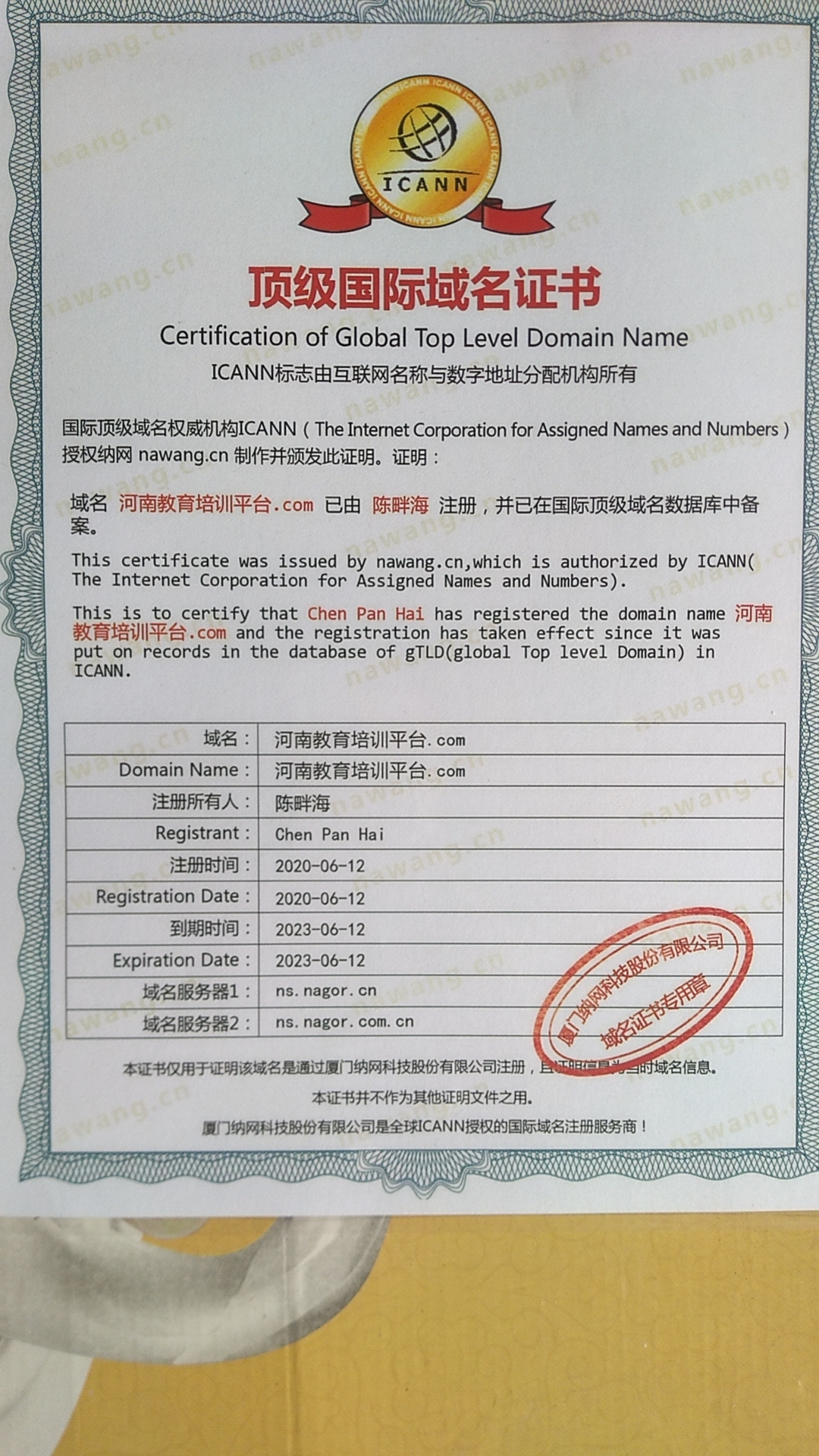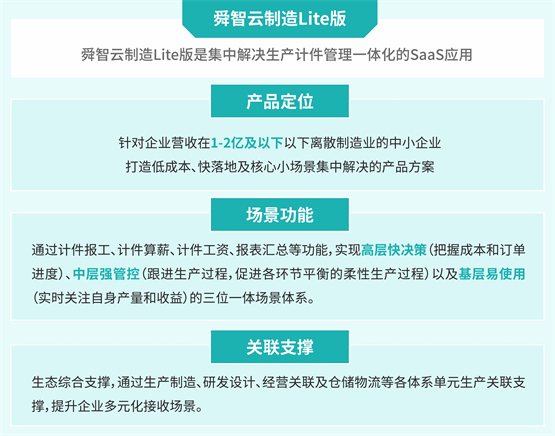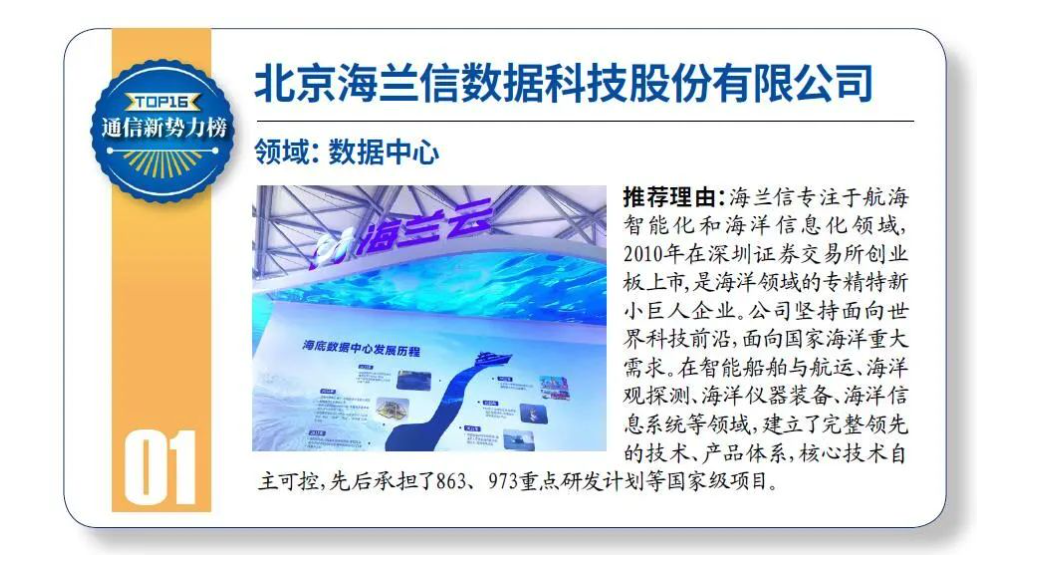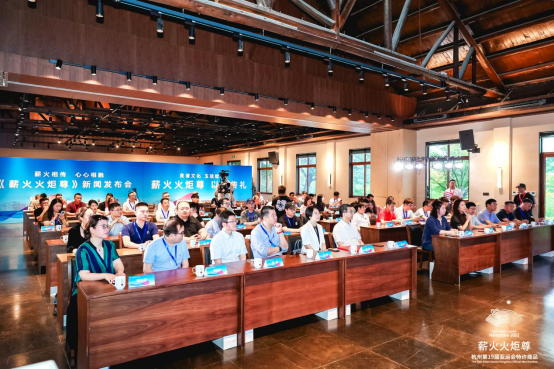中國當代易學泰斗——玄真子
承古韻育國學新輝 , 研精髓鑄國道綿長
中國當代易學泰斗——玄真子

本期非遺中國說節目邀請到非遺傳承人玄真子,他分享了自己學習中醫的經歷和對中醫藥的熱愛。玄真子強調了中醫的傳承和創新,他通過學習中醫世家和師承,以及多年的臨床實踐,積累了一定的中醫經驗和技術。他分享了中醫的養生方法和對疑難疾病的治療經驗,并強調了醫生的責任和使命。玄真子還介紹了周易文化與中醫文化的融合,木火土金水,肝心脾肺腎。代表著人身體好壞,相生相克的理論與實踐。正是玄真子默默無聞的工匠精神,孜孜不倦的貢獻自己的力量!就是這種精神,為祖國,為人民,蓄積力量,創造財富!創造一次次的奇跡,令世界矚目!

易經是全經之首,大道之源,是中華民族 5000 年智慧 的結晶。易經對中國文化的影響至深至巨,易學哲學在各個層面, 多個范疇影響著人們的宇宙觀、思維方式及價值體系。 易經等傳統文化是中華民族的文化之根、民族之魂,傳承 和弘揚我國優秀傳統文化,是我們的使命,是“文化中國” 的重要內容。 作為易學實戰專家的程新宏先生,更是深諳易學、風水 學等中國傳統文化,視傳承弘揚國學為己任,默默奉獻社會, 貢獻力量。


(視頻位置)

The I Ching is the first of the whole classics, the source of the road, and the crystallization of the 5000 years of wisdom of the Chinese nation. The influence of I Ching on Chinese culture is very profound. I Xue philosophy influences people's cosmology, thinking mode and value system at all levels and in many categories. Traditional culture such as the Book of Changes is the cultural root and the soul of the Chinese nation. It is our mission to inherit and carry forward the excellent traditional culture of China and an important content of "Cultural China". As a practical expert in Yi learning, Mr.Cheng Xinhong is well versed in traditional Chinese culture such as Yi learning and feng shui, and regards inheritance and carrying forward Chinese culture as his own duty, silently contributing to the society and contributing his strength.


程新宏,道名:程宗潭,易名:玄真子。1965年出生于寧夏涇源,本科文化學歷。2009年6月畢業于中國道教學院。現任世界易學領袖協會副會長,甘肅省道教協會常務理事,平涼市道教協會副會長,寧夏固原市道教協會常務理事,寧夏回族自治區道教協會常務理事,寧夏涇源縣道教首席代表,固原市道教協會常務理事,老龍潭龍文化研究中心主任。
Cheng Xinhong, Dao name: Cheng Zongtan, easy name: Xuan Zhenzi. Born in 1965 in Jingyuan, Ningxia, with a bachelor's degree. He graduated from China Taoist College in June 2009. Currently, he is the vice president of the World Easy Learning Leaders Association, the standing director of Gansu Taoist Association, the vice president of Pingliang Taoist Association, the standing director of Guyuan Taoist Association in Ningxia, the chief representative of Taoism in Jingyuan County, Ningxia, and the director of Laotan Cultural Research Center in Jingyuan County.

2001年1月獲中國易學專家。
In January 2001, he was an expert in China.

2001年4月獲得國際著名易學專家的稱號。
In April 2001, he won the title of international famous learning expert.
2009年8月獲首屆世界易學行業團結進步優秀論文特等獎。
In August 2009, he won the first world Easy Learning Industry unity and progress excellent paper special prize.
2009年9月授予“中華易學行業權威專家”。
In September 2009, it was awarded as "Authoritative Expert of China Easy Learning Industry".


2011年8月獲寧夏道教首屆玄門講經活動優秀獎。
In August 2011, he won the Excellence Award of the first Ningxia Taoist Xuanwu Gate Lecture activity.
2012年8月獲得第一屆杰出周易之星預測研究獎。
In August 2012, he won the first Outstanding Zhouyi Star Prediction Research Award.
2018年作為易學行業杰出代表入駐中國影響力人物數據庫。
In 2018, as an outstanding representative of yi learning industry, he entered the database of Chinese influent。ial figures.
2022年擔任決策中國專家智庫客座教授
In 2022, he served as a visiting professor of Decision China Expert think tank

2023年8月,成為北京華夏尋根之旅文化院副院長In August 2023, he became the vice president of Beijing Huaxia Journey Cultural Institute
1988年至今從事道學和易學的研究,1995年出家崆峒山,從事《道學》、《易學》、《醫學》、《陰陽學》、《風水學》、《地理學》、《命理學》、《相學》、《現代經濟預測學》、《心理學》、《現代周易學》、《傳統龍文化學》近30年。
Since 1988 is engaged in Taoism and yi research, in 1995, engaged in "tao", "yi", "medicine", "Yin and Yang," feng shui "," geography ",", "numerology", "modern economic prediction", "psychology", "modern zhouyi", "traditional dragon culture" nearly 30 years.

程新宏道長電話13993351599
Cheng Xinhong Road long telephone 13993351599
工作地址:甘肅平涼崆峒山古鎮五色池十六號崆峒山程道長周易工作室。
Working address: Gansu Pingliang Kongtong Mountain ancient town five color pool no. 16 Kongtong mountain road long Zhouyi studio.


《易經》成為中國歷代帝王必讀之書,是治國之道、建國之寶。凡是具有卓越才華和歷史影響力的帝王將相幾乎都與《易經》結緣。不僅如此,在科技、文化、醫學、生物、化學、建筑等各個方面,《易經》所包含的科學思想也起到了不可替代的指導作用。回顧易學思想的誕生、發展、繁榮過程,我們不難看出,先賢們的智慧結晶對人類社會文明進步所起的巨大作用。易學的發展、應用進程,同樣昭示著一個真理:凡是歷史處于繁榮、轉折的關鍵時期,易學的發展應用更為廣泛、促進;反過來,凡是易學得到尊重、發展的時代,社會文明也會取得更輝煌的進步!
The Book of Changes has become a must read for Chinese emperors in all dynasties. It is the way of governing a country and the treasure of building a country. Almost all the emperors and generals with outstanding talent and historical influence became attached to the Book of Changes. Moreover, the scientific ideas contained in science and technology, culture, medicine, biology, chemistry, architecture and other aspects of the Book of Changes also play an irreplaceable guiding role. Reviewing the process of the birth, development and prosperity of the Yi thought, it is not difficult to see that the wisdom of the sages played a great role in the progress of human social civilization. The development and application process of easy learning also shows a truth: when history is in the critical period of prosperity and transition, the development of easy learning is more widely applied and promoted; in turn, in the era when easy learning is respected and developed, social civilization will make more brilliant progress!


遠古為易學的萌芽誕生時期
1. Ancient for the beginning of easy learning
1、伏羲氏畫出先天八卦,始建易學,成為八卦的鼻祖
1、Fu Xi painted the innate Eight Diagrams, and became the ancestor of the Eight Diagrams
2、神龍氏復演八卦為六十四卦,作《連山易》,奠定了中醫的基礎
2、The restoration of the eight diagrams was 64 hexagrams, written Lianshan Yi, which laid the foundation of traditional Chinese medicine
3、黃帝創《歸藏易》以“坤”為首位。
3、Huangdi created the book "Return to Tibet Yi," with "kun" as the first place.
二、易學的發展時期主要在周、漢代、三國、兩晉、南北朝
二、The development period of Yi Xue was mainly in the Zhou, Han, Three Kingdoms, Jin and Southern and Northern Dynasties
(一)周代
Zhou generation
周文王創造后天八卦,為《易經》六十四卦配寫卦辭
1、King Wen of Zhou created the Eight Diagrams after the day and wrote the words for the 64 hexagrams of the Book of Changes
2、西周杰出政治家周公著有三百八十六爻爻辭
2、Zhou Gong, an outstanding statesman of the Western Zhou Dynasty, wrote three hundred and eighty-six lines of lines
3、老子之學,宗黃帝《歸藏易》首重坤柔,主張守靜無為。
3、Lao Tzu, Emperor Huangdi's "Return to Tibet" first emphasized kun soft, and advocated quiet inaction.
4、孔子曾問易于老子。孔子讀易,“韋編三絕”,作《十翼》,對其精義進行發揮。秦漢易學有他一脈傳承。孔子晚年感嘆道:加我數年,五十以學易,可以無大過矣!
4、Confucius once asked the easy Lao Tzu. Confucius read Yi, "Wei made three wonders", made "Ten Wings", and gave full play to its essence. Qin and Han Yi learning has him a line of inheritance. Confucius sighed in his later years: add me for several years, fifty to learn easy, can not be too big!
5、孔子的得意弟子卜商,從孔子學易,研習并傳授《歸藏》,著有《子夏易傳》;鄒衍創立陰陽五行學派和“五德始終說”,直接催生了西漢緯學說。
5、Bu Shang, a proud disciple of Confucius, learned from Confucius, studied and taught the Return to Tibet, and wrote the Biography of Zi Xia Yi; Zou Yan founded the school of Yin and Yang and "Five virtues always said", which directly gave birth to the theory of the Western Han Dynasty.

秦王朝秦始皇“焚書坑儒”,卻沒有燒《易經》。
(二)In the Qin Dynasty, Emperor Qin Shihuang "burned books and buried scholars", but did not burn the Book of Changes.
(三)漢代
(三)、Han Dynasty
1、張良精通八卦,對奇門遁甲有所發展,為后人稱頌的大預測學家之一,批注了姜子牙的《乾坤預知歌》
Zhang Liang was proficient in gossip, developed the door of dun armour, and was one of the great predictors praised by later generations, marking Jiang Ziya's "Song of Heaven and Earth"
西漢哲學家董仲舒深研《周易》的“天人之學”,構成了卓絕的易學哲學思想——道法自然天人合一的和諧與統一思想。
2、Dong Zhongshu, a philosopher of the Western Han Dynasty, deeply studied the "study of heaven and man" in Zhouyi, which formed the outstanding philosophy of yi learning —— and explained the harmony and unity thought of the unity of nature and nature.
3、被稱為神仙的西漢文學家、術數家東方朔曾著術數《靈棋經》4、漢初三大家之一的孟喜,以陰陽災異解說《周易》,提出四正卦、十二月卦、六日七分法等易學思想
3、Meng Xi, one of the great masters of the third day of the Han Dynasty, explained the Book of Changes and put forward the four main hexagrams, the hexagrams in December, and the seven points of the six day

西漢今文易、京氏之學創始人京房,精通音律,發明納甲、八宮、世應、飛伏、五星、四氣等學說,能夠運用象數理論準確占驗
5、In the Western Han Dynasty, Jingfang, the founder of modern Wenyi and Jingshi, was proficient in music and invented the theories of Na Jia, Ba Gong, Fei Ying, Fei Fu, Five Star and four qi, and was able to use the elephant number theory to accurately test the test
6、漢武帝尊《易經》為儒家經典,《易經》被列入當時最高的學術地位。
6、Emperor Wudi of the Han Dynasty honored the Book of Changes as a Confucian classic, and the Book of Changes was listed in the highest academic status at that time.
7、九五之尊的帝王,到老百姓的請教《易經》,漢惠帝開了一個先例。
7、The emperor of the honor of the ninth five people consulted the Book of Changes, and Emperor Hui set a precedent.

東漢科學家張衡以《周易》之象而作天文著作《靈憲》,首次正確解釋月食的原因,畫出有2500顆恒星的比較完備的星圖,創制出渾天儀和測定地震的候風地動儀
8、Zhang Heng, a scientist in the Eastern Han Dynasty, wrote an astronomical book Ling Xian with the image of Zhouyi. For the first time correctly explained the reason for the lunar eclipse, drew a relatively complete star map of 2,500 stars, and created the armillary sphere and seismic seismograph
9、鄭玄提出爻辰說,禮象說、易數說、易學訓詁等學說,現存《易緯注》;
9、Zheng Xuan put forward the theory of lines, li xiang, Yi number, Yi learning exegesis and other theories, the existing "Yi Wei notes";
10、漢易中象數學派的代表荀爽以八宮、飛伏解易,主卦氣說,提倡乾升坤降說
10、Xun Shuang, the representative of the Zhongxiang Mathematics school of the Han Dynasty, explained the eight palaces and flying fu, the main gua qi, and advocated it





東漢荊州刺史劉表提倡經學,其易學近于飛氏易,著有《易章句》等;
11、Liu Biao, the governor of Jingzhou in the Eastern Han Dynasty, advocated Confucian classics, which was close to Fei Yi, and wrote Yi Zhang Yu, and so on;
12、東漢著名煉丹家魏伯陽著有被稱為“萬古丹經王”的《周易參同契》,發展了中國的養生學和化學。
12、Wei Boyang, a famous alchemy in the Eastern Han Dynasty, wrote the Book of Changes, known as the "King of Wan Gu Dan Jing", which developed the health preservation and chemistry in China.
(三)三國、兩晉、南北朝
(三)The Three Kingdoms, two Jin, Southern and Northern Dynasties
1、三國虞翻家傳易學,精通筮法,曾為關于筮之,斷“不出二日必當斷頭”,著有《易注》
1、The Yu of The Three Kingdoms taught the study of Yi and was proficient in divination. He wrote the book "If two days, it should be broken"

2、三國諸葛亮知曉黃帝所作八陣法,用易學帶兵打仗,依據伏羲六十四卦演成“八陣圖”。利用《易經》輔佐劉備開創蜀國基業,使天下成三足鼎立之勢。
2、Zhuge Liang of The Three Kingdoms knew of the eight formations method made by the Yellow Emperor, and led his troops to fight to form the "eight formations map" according to the sixty-four hexagrams of Fuxi. Using the Book of Changes to assist Liu Bei to create the foundation of Shu and make the world into a three-way position.
3、三國陸績,將易學應用于星歷算數之學,重振象數易。自知亡日,作辭自悼。著有《周易》注
3、The land performance of The Three Kingdoms applied easy learning to the study of ephemeric arithmetic, and rethe number. Knowing that the day of death, I quit to mourn. He is the author of the Book of Changes
4、西晉末東晉初的郭璞,研易理,精通天文歷算,五行卜筮之術。著有《洞林》
4、At the end of the Western Jin Dynasty and at the beginning of the Eastern Jin Dynasty, Guo Pu was proficient in astronomy and divination of the five elements. He is the author of Dong Lin

5、王弼以老莊玄學解易,其易學源自西漢易學家
5、Wang Bi explained Yi with Lao Zhuang metaphysics, which originated from Yi scholars of the Western Han Dynasty
6、東晉易學家韓康伯完善了王弼易學,認為八卦和六十四卦以及卦爻辭具備天下之理
6、Han Kangbo, an Yi scholar in the Eastern Jin Dynasty, perfected Wang Bi Yi Xue and believed that the Eight Diagrams, sixty-four hexagrams and hexagrams had the principles of the world
7、博學多才的梁武帝蕭衍潛心研《易經》,提倡儒學,大興佛教。是玄學派易學的代表人物。揉和易道,大興道教,以道解易。著有《周易大義》。
7、Xiao Yan, the knowledgeable Wudi of the Liang Dynasty, devoted himself to the Book of Changes, advocated Confucianism and Buddhism. He is the representative figure of the metaphysical school. Knead and easy way, Daxing Taoism, to solve easy. He is the author of the Great Art of Zhouyi.
《易經》是中華民族的智慧結晶,對象是:天道、地道、人道。即天體的運動規律;山川河流,地形地貌的的變化規律和合理利用; 人與人之間的和睦相處以及人如何遵循天道、地道,從而達到天地人三者之間的和諧與統一。The Book of Changes is the crystallization of the wisdom of the Chinese nation, the object is: heaven, tunnel, humanity. That is, the law of the movement of celestial bodies, mountains and rivers, the change and rational use of landform, the harmony between people and how to achieve the harmony and unity between heaven and earth.


甲辰年十月初四
公歷十一月四號
中岳廟傳戒大法會第二十八日圓滿
全真百人焰口超度大法會

攝召










九法師百人焰口
持續近六個小時


贊臺









龐大的百人經樂、法師團


善信為亡魂遞送五供

送化紙錢

護送牒文




鬼王


法食
送亡








(了解更多知識請掃碼關注上面公眾號)
(For more knowledge, please scan the code to follow the above public number)

編者感言:玄真子在慢長的艱苦卓絕的路上,不辭辛苦踏上了華夏之傳承文化之旅,繼承中華道家古圣先賢之文化,學之道,得之道,真可謂“得道“(德),為自己決擇了一條光明大道,既光宗耀祖,又為家鄉人爭光,為后來人鋪墊了道家之宗,傳承發揚光大。同時為地方百姓揚眉吐氣,為國家及世界人民做出了巨大貢獻,法道合一,共同構建美麗和偕的中國現代化建設事業而努力工作。
為你辛勤負出點贊!

















